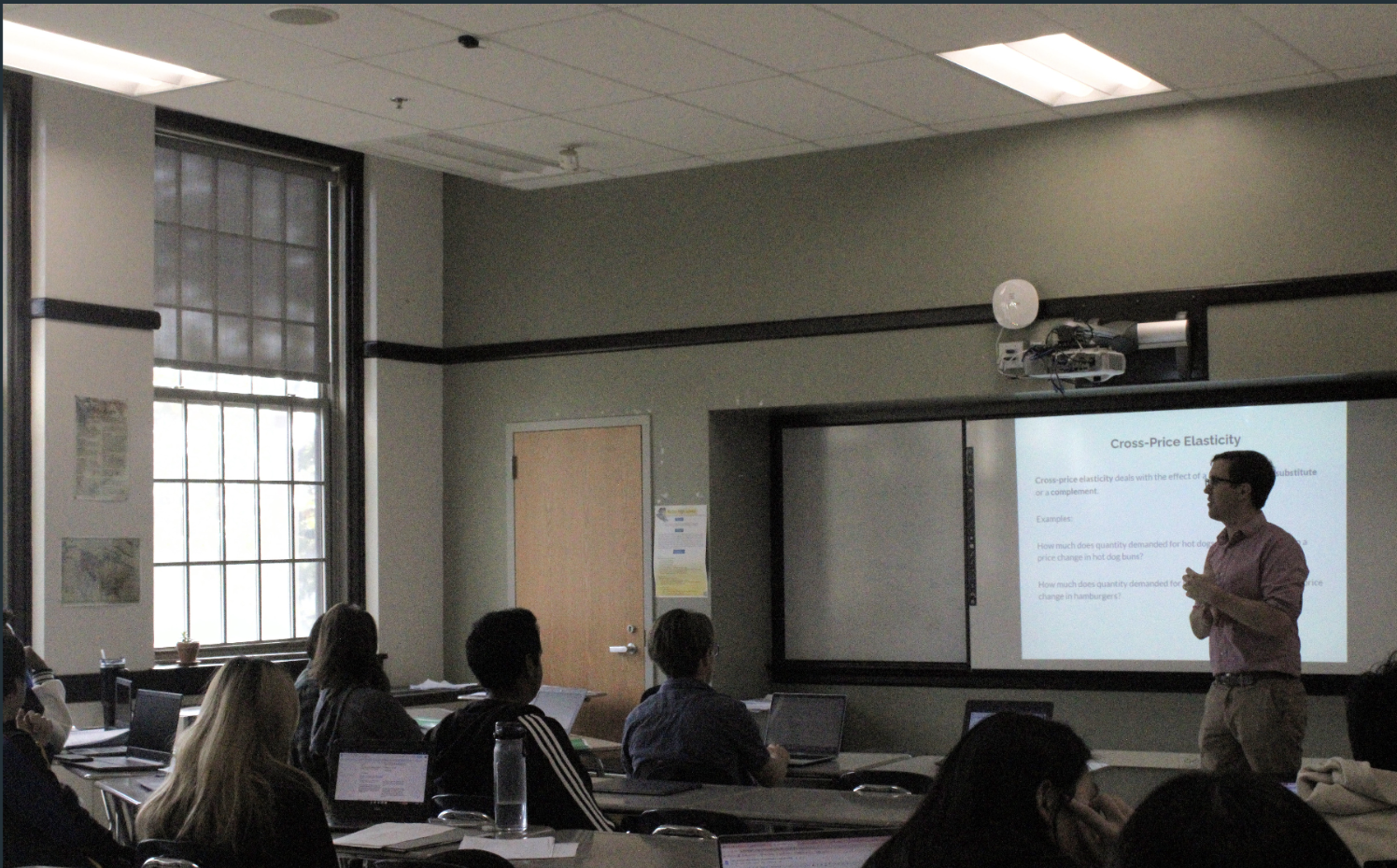
The College Board has shaken things up in the 2023-2024 school year with some new changes to the AP History rubric in an attempt to better assess students’ historical thinking skills as well as their ability to write clear and concise essays. But as with any major change, the new rubric has been met with mixed reactions from students and educators.
The first change in the AP History exams presents itself in the “Evidence” section of the DBQ (Document-Based Questions) which allows students to now need to use four documents, rather than six, in order to receive the second evidence point. Kurtis Scheer, an APUSH (AP United States History) and US II Teacher here at Malden High, commented on the matter stating that “… I think what’s going to happen here is you’re going to do four documents, you’ll think you’re all good, and you will continue on like you would with all seven and end up missing the points.” Furthermore, Scheer voices his concerns that the documents provided could possibly be more obscure and difficult to apprehend.

However, other Malden High teachers, such as Jamie Hill, an experienced and current AP History teacher, believe that the reduction in documents allows students more flexibility. With fewer documents to analyze, students will have more time to develop a complex and nuanced argument. Additionally, Hill believes that the focus on four key documents will help students better assess the historical context and significance of the DBQ, then applying that in favor of their thesis.

The second change made in the AP History exams can be found in the Analysis and Reasoning portion of the DBQ, requiring students to source two documents rather than three in order to achieve the point. But what does the Analysis and Reasoning section even entail? Here’s how Hill describes it: “There’s two analysis and reasoning points. So to earn these points, we need to understand the documents and not just reading the document and seeing what it says but also using that and thinking about who said it, who are they saying it to, what was their point of view, and what else was going on in the historical context; and that’s a big history skill.”
Hill explained that reducing the requirement for document sourcing with the analysis and reasoning of the DBQ takes the pressure off students during the hour-and-forty-five-minute timed response. This allows for students to focus on specific documents they feel most comfortable with, in contrast to using documents they don’t quite understand or find difficulty with incorporating into their thesis.
Lastly, the final change is located in the LEQ (long essay question) with achieving the notorious complexity point–which has scared students ever since AP History classes graced Earth. Scheer theorizes that the changes can be mainly attributed to clarifying how to earn the complexity point, while Hill puts forth that the complexity point has always been vague and questions the system of grading, asking “how complex is complex?” Needless to say, everyone can come to the consensus that this point was due for some change.
But what do the students think of this? Many people new to taking AP History classes seem to be thankful for the changes, however, many former students seem to find the changes unfair which Scheer reaffirms by proposing a theoretical: “Let’s say last year on the APUSH exam you got a three and decide to take that to a university and they’re like ‘“We’re sorry, you’re not going to get credit for the because we only accept fours and above.’” Whereas if you were to have that new rubric, you would have scored that four and now you are unjustly punished by not being given the credit you would’ve gotten with the new rubric.” However, students aren’t the only ones frustrated by these changes. Many teachers have voiced their concerns that the value of the class could change. Additionally, all AP History teachers found out about the changes at the beginning of this September, after many educators had already become accustomed to the original grading rubric and made plans for the school year.
Only time will tell how the new rubric will impact the exam and how students will perform. However, it is clear that these significant changes will require both students and teachers to adapt.




1 thought on “New AP History Rubric: What Does Malden High Think?”
Comments are closed.